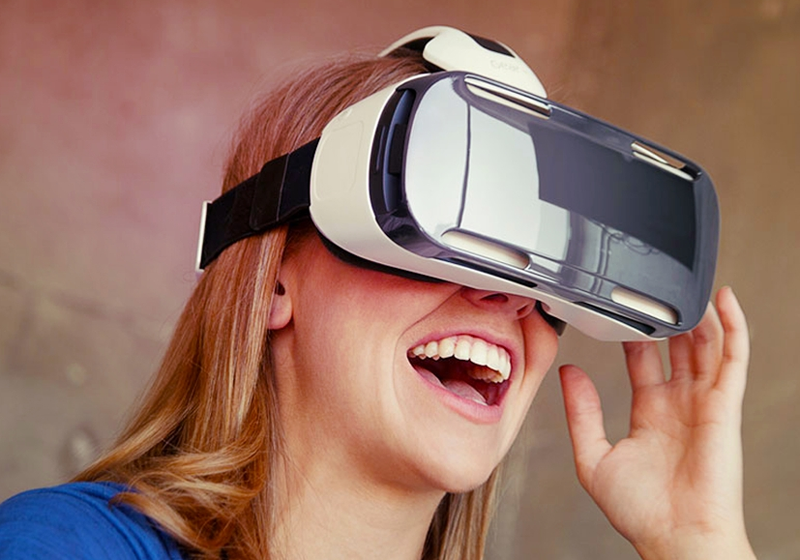What could virtual reality hold for the future of business?
Not too longer the idea of virtual reality (VR) finding its way into office suites around the world seemed a little farfetched. Facebook, with its acquisition of VR company Oculus, appears to have reinvigorated people’s interest in this technology so I thought I would briefly examine what possibilities could lie ahead for VR in other sectors outside of the gaming industry.
VR Training and Education
Organisations like NASA have been using VR for many years now in the training of their astronauts and they’re soon to launch their Mars 2030 experience on Oculus, Samsung Gear and Google Cardboard to let consumers experience what it’s like on the Red Planet.
VR could allow students to become immersed in cultures that they wouldn’t otherwise come into contact with and develop an earlier understanding of issues that might affect them on in later life.
Conferences
The prospect of watching and listening to an industry leading figure based on the other side of the world while sitting at home could become a reality – if you’ll excuse the pun. Discounting the initial outlay of the VR equipment, such conferences could become far more affordable to attend and run. No overnight stay in a hotel or travel expenses will be incurred for those attending. The presenter will no longer have to tour to the most densely populated areas to deliver the seminar and instead can host it from their own office.
All of this combined will make listening and watching an expert far more accessible than it is now.
Construction industry
A developer’s vision of their next housing development, office space or shopping centre could all be enhanced with the use of VR. Allowing people to walk through such developments before a spade is put into the ground could help achieve a smoother planning process, or allow customers to make changes to the layout and plans before it’s too late.
Shopping
Shops on the high street survive mainly because they create a pleasant shopping experience that can’t currently be replicated with online stores. VR would offer stores the opportunity to combine the benefits of a bricks and mortar shop with the convenience of an e-commerce store. It’ll drive physical shops to create new ways of enticing customers in, and that can only be good for the consumer.
Medicine
No one wants to be a surgeon’s first operation and thanks to VR that is becoming a thing of the past. Rather than training on dummies or cadavers, VR can help medical practitioners train to a much higher standard before they come into contact with a real life patient. In remote parts of the world where access to specialists training might be restricted VR can help spread the expertise more efficiently.
Businesses and groups involved in these areas will have to pay particular interest in how VR shapes their industry and how they deliver care in the future.
Business world
Samsung have recently become one of the first major manufacturers to release a phone capable of delivering VR through the use of its Gear VR product powered by Oculus. With limited applications at the moment, the use for business/office workers means that I don’t think we’ll be seeing a wholesale shift towards VR meetings any time soon.
However it does mark a large step forward. The Gear VR set is relatively inexpensive and as its common for everyone to upgrade their mobile phone every couple of years, the prospect of VR technology being widely available in homes and business within the next few years becomes much more likely.
As market penetration of the technology grows so too will business related applications. Just as with home computers and faster more reliable internet connections gave birth to new ways of working so too could the renewed focus on virtual reality.




















